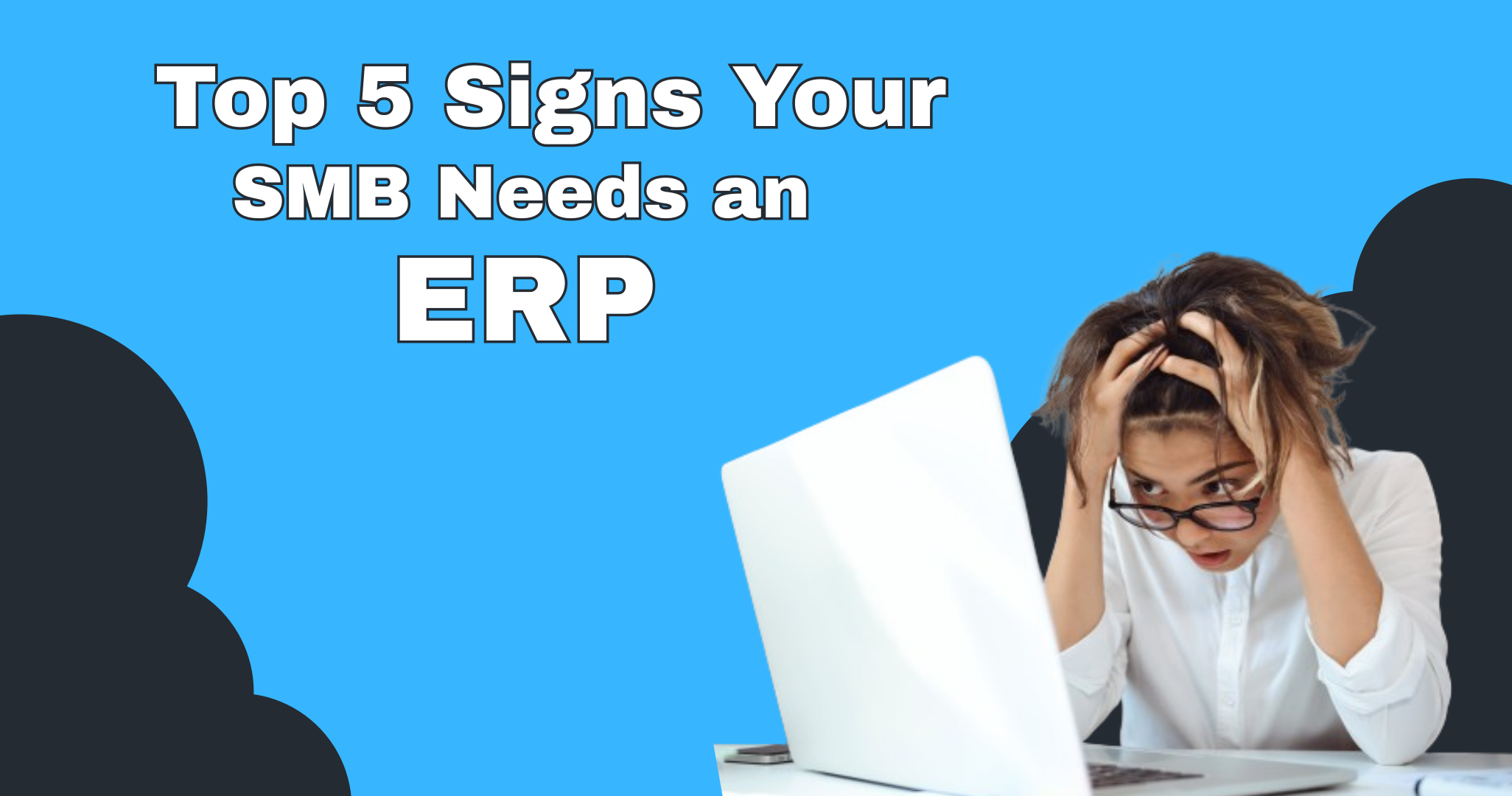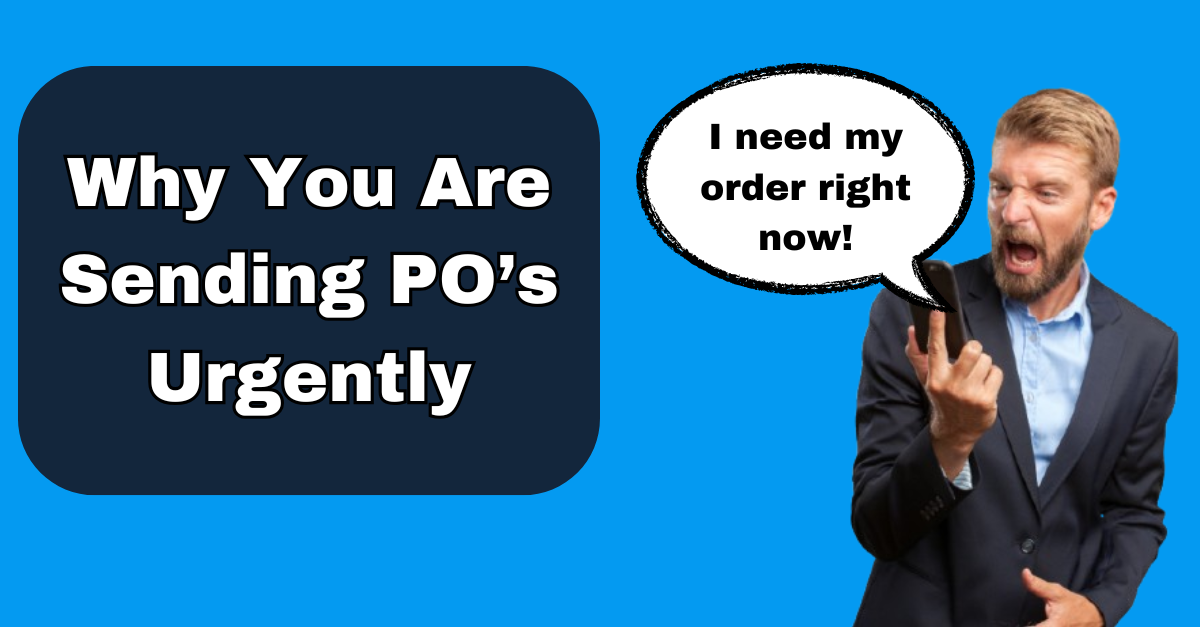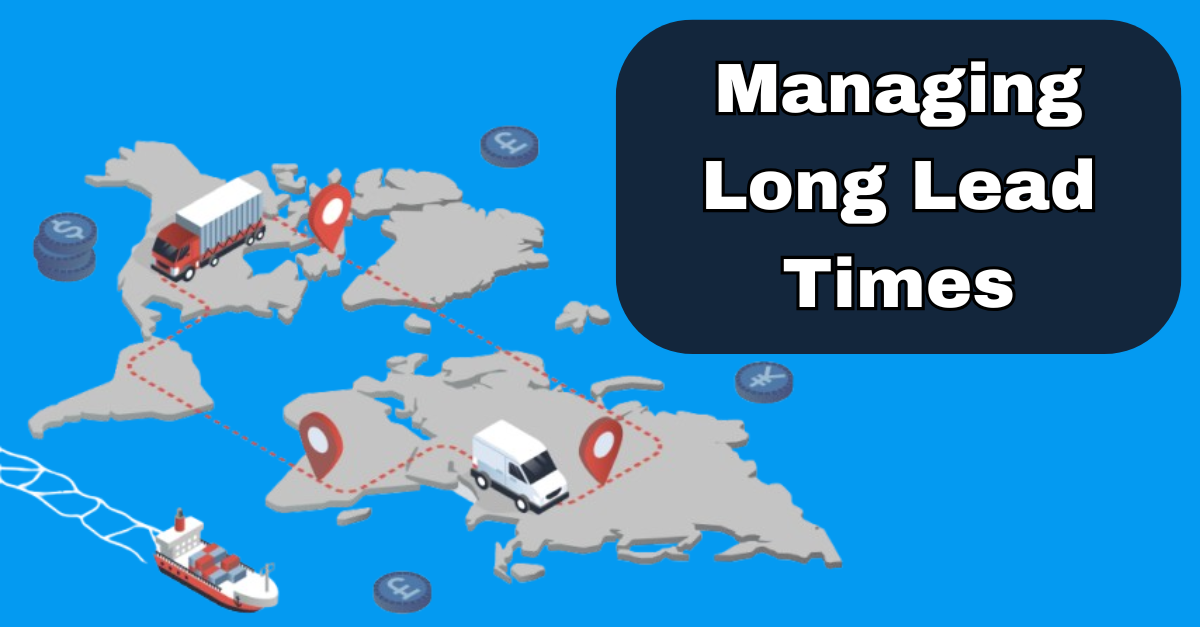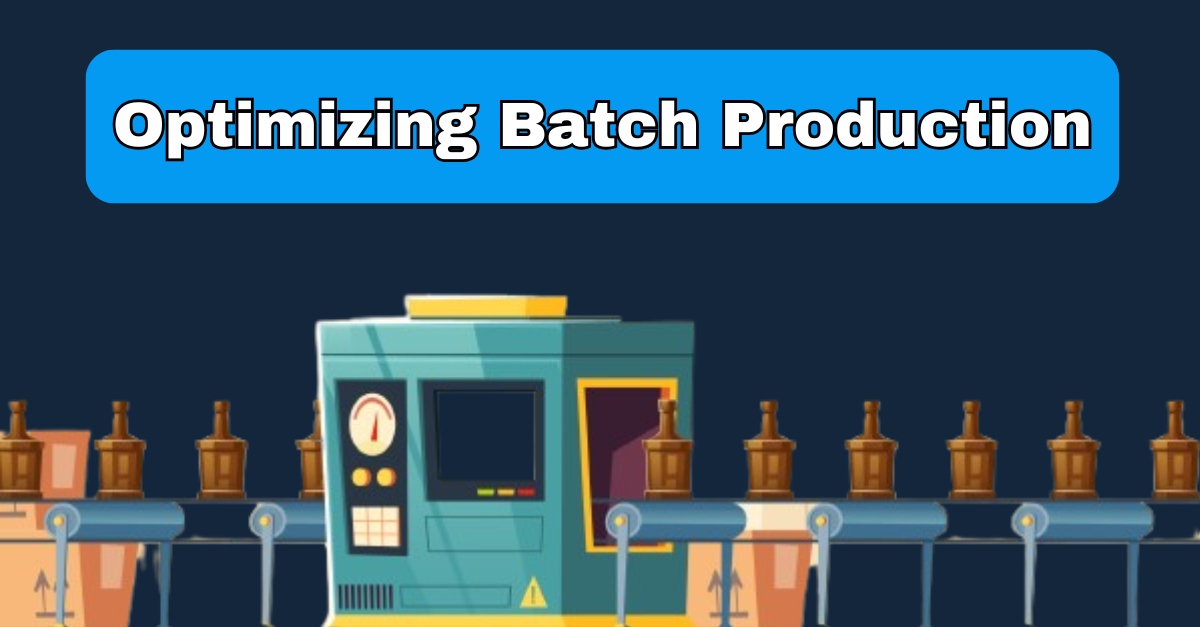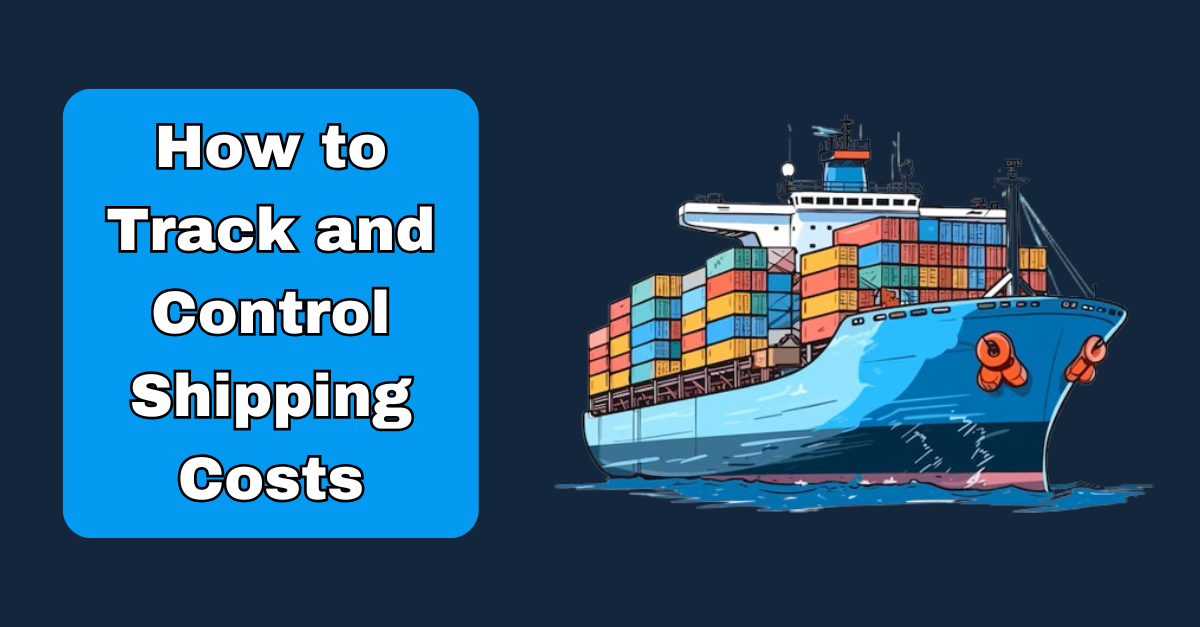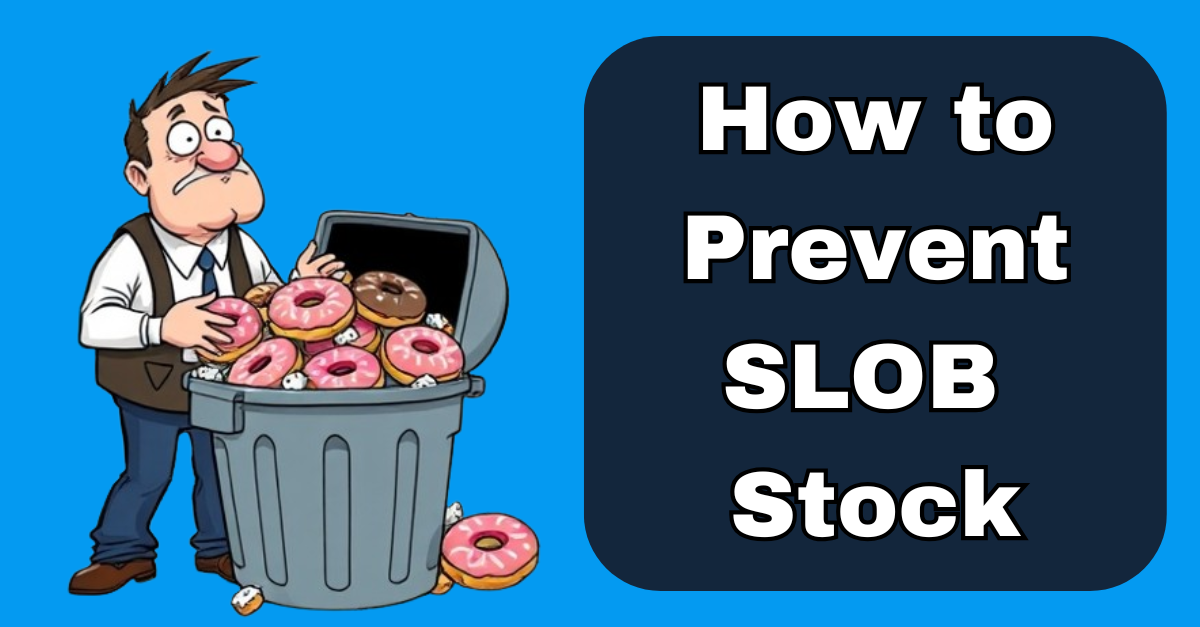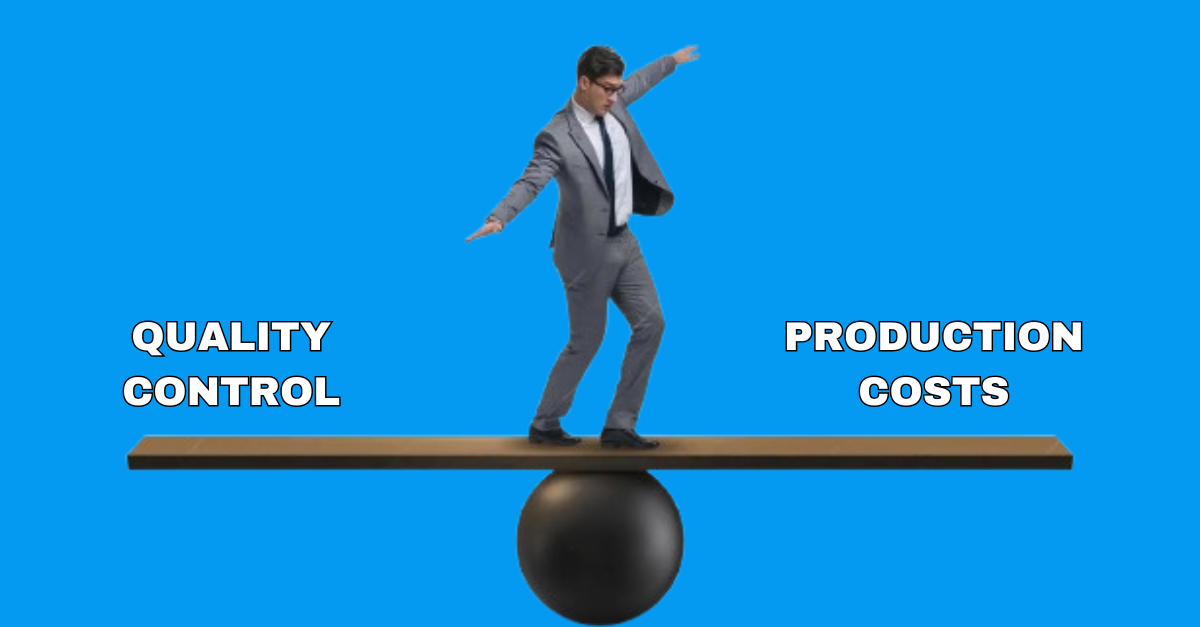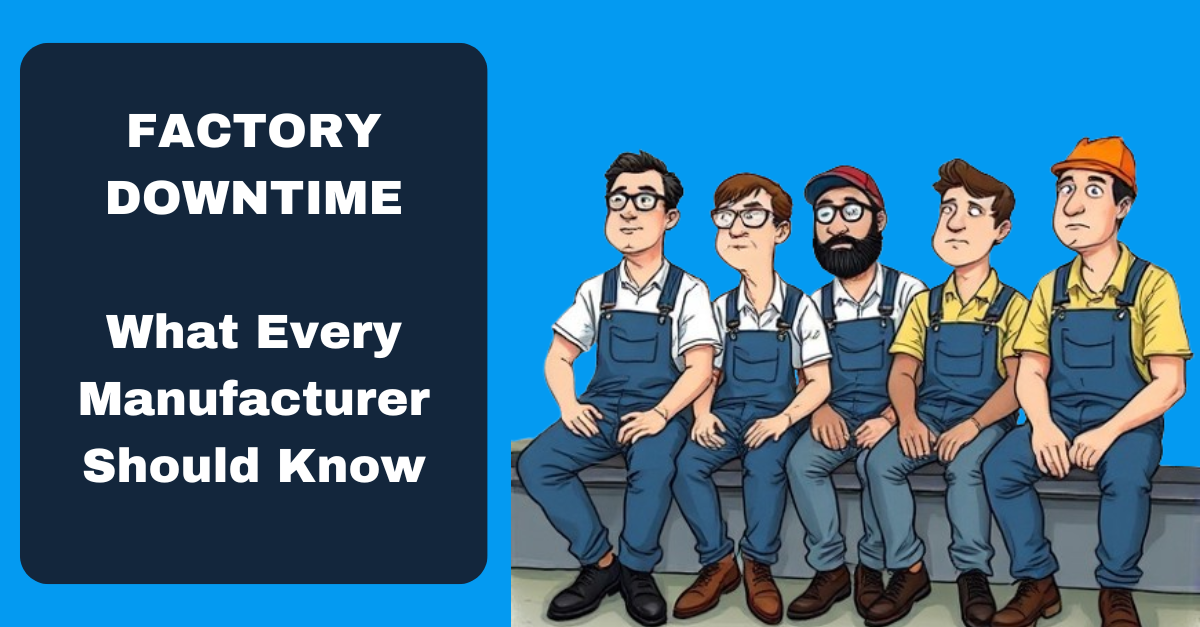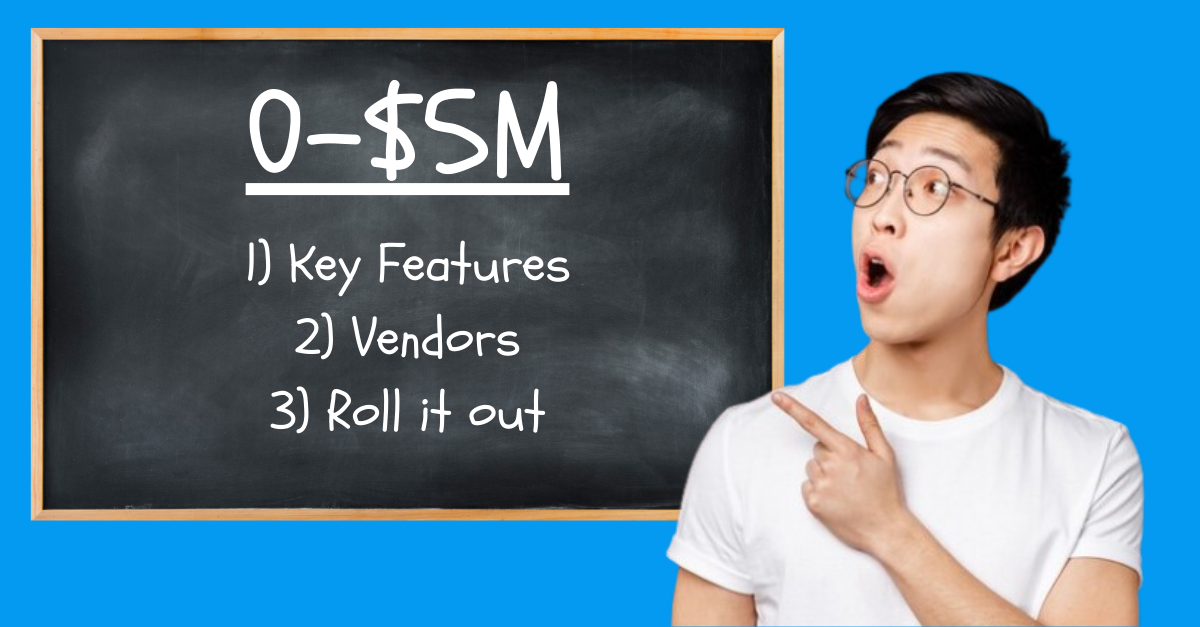Top 5 Signs Your Small Business Needs an ERP System
- Your Using Multiple Software Products
When it’s time to consider an ERP, you’re likely already juggling multiple software applications. You probably have accounting software in place and might be using a basic inventory management app, or perhaps the built-in inventory features of your accounting software. Maybe you’ve added an inventory planner or a simple CRM, along with a Shopify store. By now, you’ve accumulated various tools to keep operations moving, and you might be spending more than you realize. The good news is, transitioning to an SMB-specific ERP often isn’t much more expensive than what you’re already paying. Plus, it lets you consolidate everything into one system, so you can ditch most of the old software.
- Your Data Is Scattered
As your business grows, you may find that your data is scattered across different systems, making it tough to access up-to-date information when you need it. Manual processes contribute to this chaos, and if your various software tools aren’t integrated, your data ends up siloed, limiting your ability to see the full picture. Even if you’ve managed to get by with spreadsheets so far, the time will come when moving to an ERP is the only way to gain the productivity boost that comes from having accurate, automated, and centralized data. If your sales team doesn’t have real-time access to inventory levels or your operations team can’t see upcoming orders, you’re going to run into problems.
- Sales and Customer Experience Are Dropping
A decline in customer satisfaction is another strong indicator that it’s time for an ERP. If you’re noticing more complaints, delays, or mistakes, it’s a sign that your current systems aren’t keeping up. An ERP can help by improving your order accuracy, speeding up response times, and giving your team the tools they need to deliver better service. It’s great if you can spot these issues before they start affecting customer satisfaction, but that’s easy. More often than not, businesses recognize the need for an ERP only after some damage is done
- Your Supply Chain Is Complex
Don’t assume that just because your business is small, you’re not ready for an ERP. Sometimes, even smaller businesses have complex supply chains that require more than just basic software to manage. If your operations involve multiple suppliers, intricate manufacturing steps, or diverse distribution channels, an ERP can give you the comprehensive capabilities you need to stay on top of everything. In fact, you might find that a large business with a simple supply chain doesn’t need an ERP as urgently as your smaller business does. So don’t compare your needs to others—what matters is the complexity of your operations, not the size of your company.
- You're Experiencing Growth Pains
As your business expands, you might find yourself spending more time on day-to-day operations and less on growing the business. When admin tasks start taking up most of your time, it’s a clear sign you need an ERP. By automating these processes, you free up time to focus on strategic growth initiatives. And when you consider the time saved and the efficiencies gained, an ERP can easily pay for itself.
